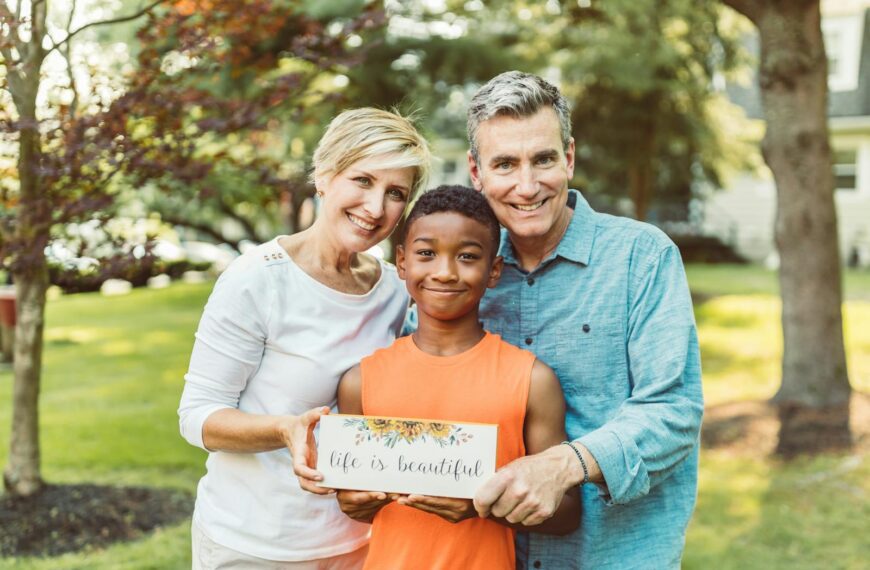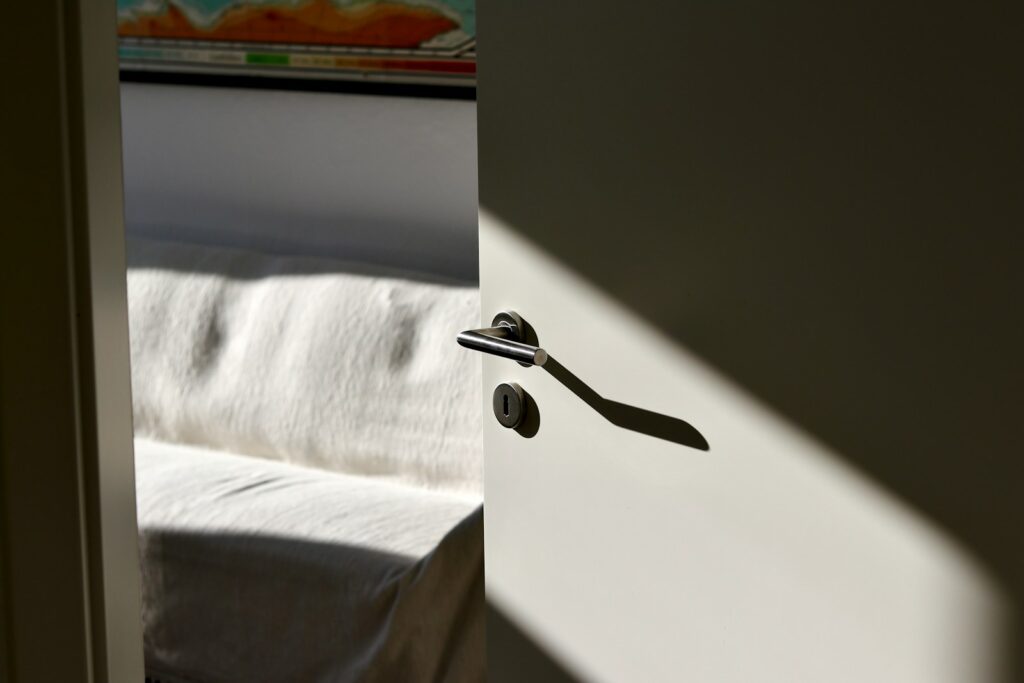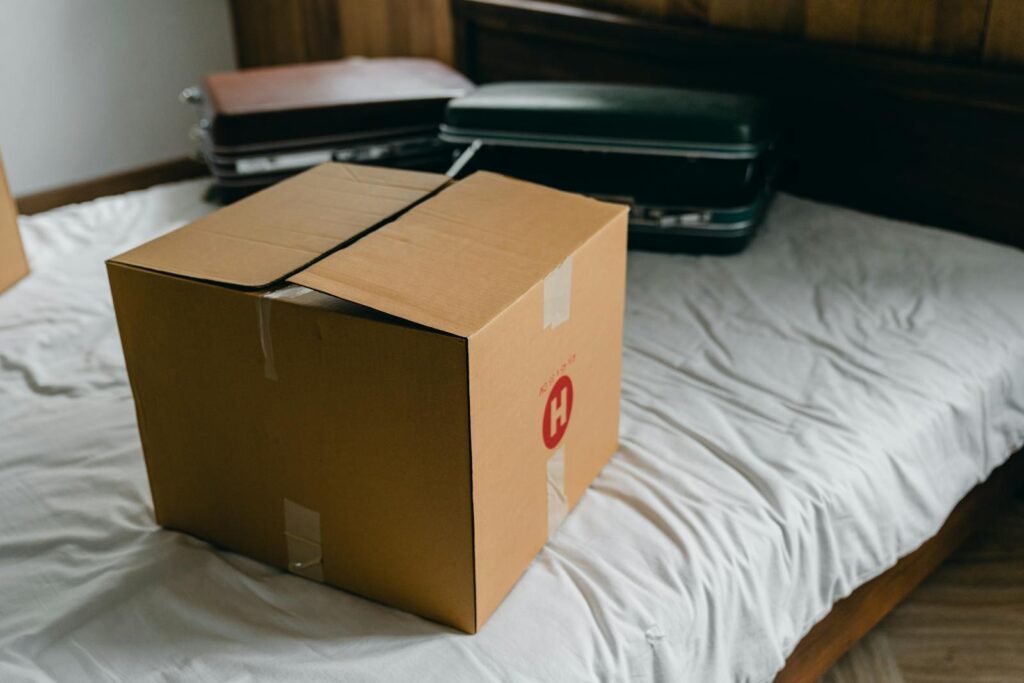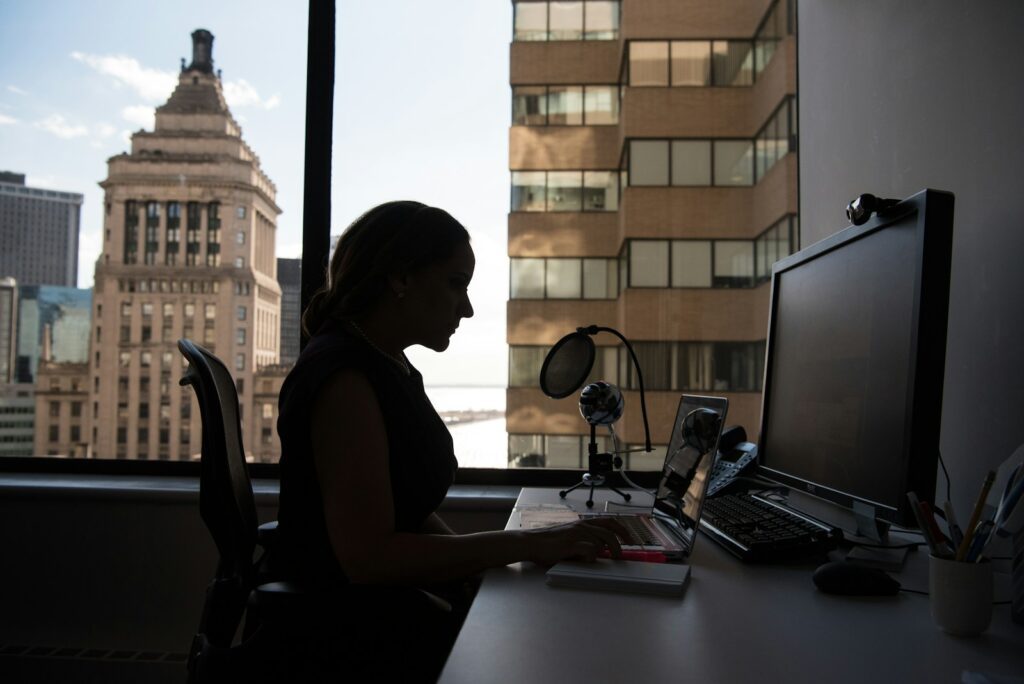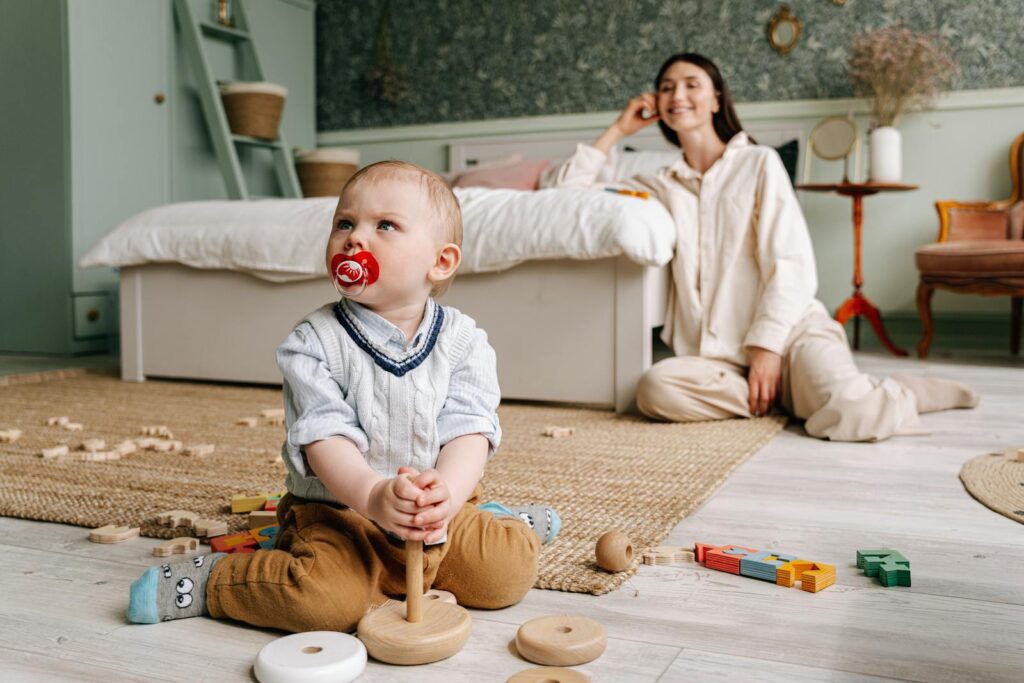Living spaces can easily become overwhelmed with items that add more mess than value. You might find yourself tidying often but still feeling like clutter controls your home. Understanding what actually creates unnecessary chaos can help you regain order and peace.
Knowing which items contribute most to clutter allows you to make smarter choices about what stays and what goes. This article will guide you through 16 common items that might be quietly adding stress to your living space, helping you to clear the way for a calmer, more organized environment.
Unused plastic containers with missing lids

You probably have plastic containers stacked without lids, taking up unnecessary space. Missing lids make it harder to keep them organized and often lead to clutter.
Consider replacing mismatched lids with an organizer that has adjustable dividers. This helps keep each lid in its place and makes finding them easier when you need them.
Expired coupons and receipts

You might keep expired coupons and old receipts thinking they could be useful later. In reality, they often just add clutter and take up space.
Sorting through them regularly helps clear your drawers and simplifies your daily routine.
Toss any coupons past their expiration date and receipts you no longer need for returns or records. This small step can make a noticeable difference in your living space.
Tangled charging cables

You probably have more charging cables than you actually need. Keeping too many duplicates, especially for common cords, just adds to clutter.
Focus on saving specialized or less common cables that are harder to replace.
Try organizing your cables by wrapping them neatly or using simple holders. This helps prevent damage and keeps your space tidier.
When cables are easy to find and untangled, you save time and reduce frustration.
Books you’ve already read and won’t reread

You might hold onto books simply because you’ve read them before. They can take up a lot of space and add to clutter.
If you don’t plan to revisit them, consider donating or selling the ones you no longer want. Keeping just a select few that truly matter can clear your space.
Remember, books are for enjoyment and learning, not just decoration. Let go of what no longer serves you.
Outdated magazines and newspapers

You might have stacks of old magazines and newspapers taking up space in your living areas. These items can quietly add clutter without you noticing.
Keeping outdated reading materials often serves no purpose once the information is old. Letting go of them can free up your space and make your home feel tidier.
Try recycling or donating magazines you no longer need. This simple step reduces chaos and helps keep your environment calm and organized.
Half-empty cleaning product bottles

You probably have several half-empty cleaning bottles cluttering your space. These often accumulate because you want to finish them, but they take up more room than they need to.
Keeping only what you actually use helps reduce mess. If a product is almost empty or old, consider safely disposing of it instead of letting it clutter your shelves.
This clears space and makes it easier to find the cleaning supplies you truly need.
Broken or non-working electronics

If you have devices that no longer work, they often just take up space and add clutter. These items can make your living space feel crowded and disorganized.
Old electronics might also contain hazardous materials like lead or mercury. Keeping them around without proper disposal can affect your home environment.
Try to recycle or donate broken electronics when possible. This helps reduce clutter and keeps harmful substances out of your living space.
Old takeout menus

You probably have a pile of old takeout menus tucked away somewhere. They seem harmless but can quickly add to clutter in your kitchen or drawer.
These menus often get outdated or lost in the shuffle, making them useless. Keeping them around just creates extra mess you don’t need.
Try sorting through them and tossing ones you won’t use again. It’s a simple step to clear space and reduce daily chaos.
Random single socks without mates

You probably have random single socks scattered around your home. They create clutter and make it harder to find pairs when you need them.
Often, these socks reappear after a few laundry cycles. Keeping a small container or basket just for lone socks can help you keep track.
If mismatches still pile up, consider repurposing old socks for cleaning or crafts. This way, they don’t add to the chaos.
Empty jars and containers

You might find yourself holding onto empty jars and containers, thinking they’ll be useful someday. These items often pile up and create clutter instead of helping with organization.
Try sorting through them and decide which ones you truly use. Letting go of extras can free up space and reduce visual chaos in your home. Keeping only what’s needed makes your living area tidier and easier to manage.
Excessive throw pillows

Having too many throw pillows can make your living space feel crowded and less inviting. It can be tricky to find a place to sit when pillows take up most of the seating area.
Limiting the number of pillows helps keep your space organized and visually calm. Choose a few that complement your decor instead of piling on every available cushion. This way, your room stays cozy without feeling cluttered.
Lost remote controls

You know the frustration when the remote vanishes just as you settle in to watch TV. Lost remotes create unnecessary chaos, calling for constant searching and interruptions.
Keeping your remotes in a dedicated holder can reduce this hassle. Small habits like assigning a spot for your remotes help keep your living space more organized.
Old toys no one plays with

You probably have toys tucked away that haven’t been touched for months or even years. These items can quietly take up space and add to clutter without adding value.
Keeping only toys your kids actively use helps create a more organized and calm environment. It also teaches children to appreciate what they have rather than feeling overwhelmed by too many choices.
Try setting aside unused toys to donate or recycle. This clears your living space and can bring joy to others.
Expired pantry spices

You might not realize how often your spices lose their potency. Expired spices don’t usually make you sick, but they do lose flavor, making your meals less tasty.
Check the dates on your spice jars and toss any that have been sitting around for years. Clearing out old spices helps you avoid clutter while keeping your cooking fresh and flavorful.
Unused gift cards

You might have gift cards tucked away that you forgot about. These can pile up and add clutter to your space without serving any purpose.
Unused gift cards may also hold value, but if you don’t use them, that money goes to waste. Checking expiration dates and redeeming them can free up mental space.
Keeping gift cards organized in one spot helps you remember to use them before they expire or lose value.
Old calendars and planners

Your old calendars and planners can quickly pile up and take more space than you realize. If you want to keep the memories, consider scanning them first.
Once digitized, you can recycle or store the originals less often. Holding on to every page can create clutter that limits your usable space.
If you feel attached, try repurposing some pages as art or notes. But if they no longer serve a purpose, letting them go can simplify your living area.




